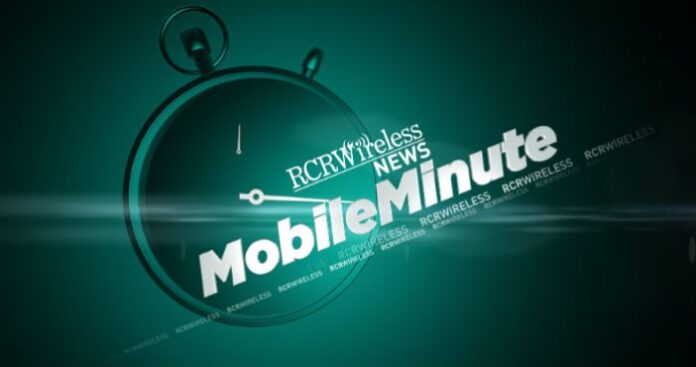T-Mobile US’ outspoken CEO said the recent AWS-3 spectrum auction was a big success for the U.S. Treasury, but a “disaster” for U.S. wireless consumers. John Legere noted in a blog post that the government raised $45 billion from three companies, one of which (Dish Networks) is able to “sit on” the valuable spectrum without even offering wireless service.
The FCC did place build-out requirements for the licenses won, including the need to cover 40% of a license’s potential customer base within six years of receiving the license and 75% coverage by the end of 12-year initial license term.
With the AWS-3 auction concluded, the government is next set to conduct a low-band spectrum auction, much of which is currently used by TV broadcasters. Legere outlines three action items that he hopes Americans will press their representatives to support with respect to this auction:
1. Not allowing AT&T Mobility and Verizon Wireless to delay the auction (giving them time to accumulate more cash with which to bid). The FCC last year delayed the 600 MHz incentive auction from an initial mid-2015 timeframe to sometime in early 2016.
2. Reserving at least half the available spectrum in the auction for competitors to AT&T and Verizon, which Legere said already own 73% of the low-band spectrum.
3. Forcing spectrum buyers to use it to provide service.
Legere even provides his readers with a link to a letter they can send to the FCC and Congress.
Vendor news
• Juniper Networks unveiled two new routers, the ACX 500 and the ACX 5000. The ACX 500 is optimized for small cell backhaul and is certified for indoor and outdoor use. The ACX 5000 targets carrier Ethernet deployments and features a customizable virtual machine.
• JMA Wireless and partner Baltronics have installed JMA’s Teko distributed antenna system at the National Library in Latvia. Latvia will host the Presidency Council of the European Union for the next six months. Teko DAS have previously been deployed at the Millennium Tower in Vienna, Rome’s Fiumicino Airport and San Siro Stadium in Milan.
• SpiderCloud Wireless said that Warid Telecom will deploy its small cell solution in major cities throughout Pakistan. The first deployments are targeted for hundreds of different locations in major cities. Like Verizon Wireless, Warid looked beyond the base station vendor for its LTE macro network (Ericsson) when it decided to invest in indoor small cells.

